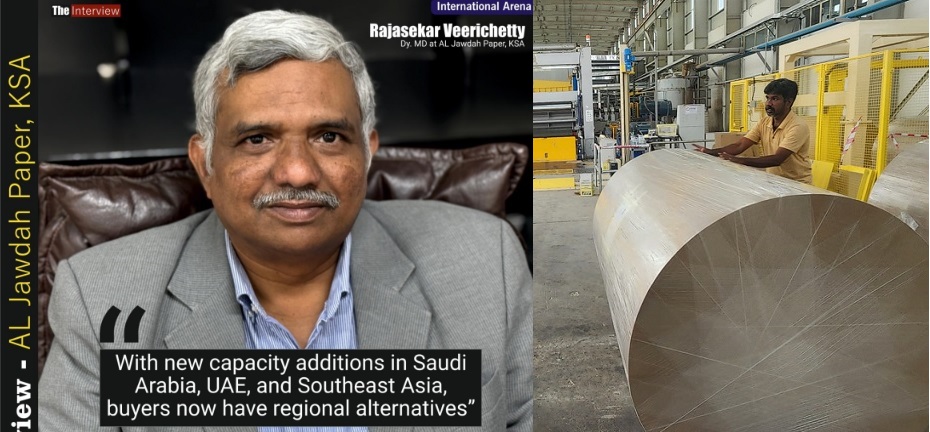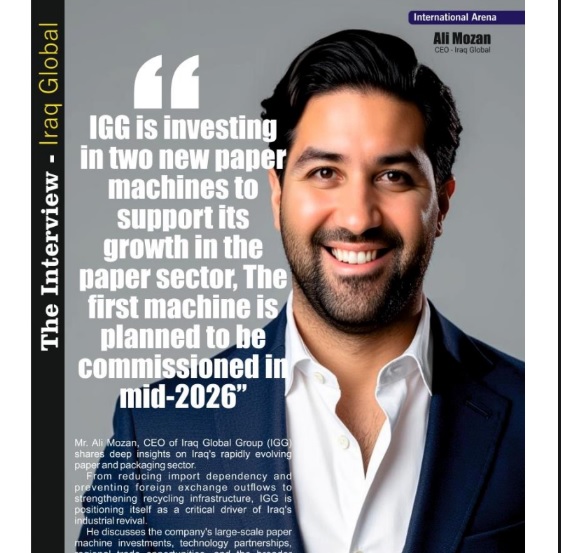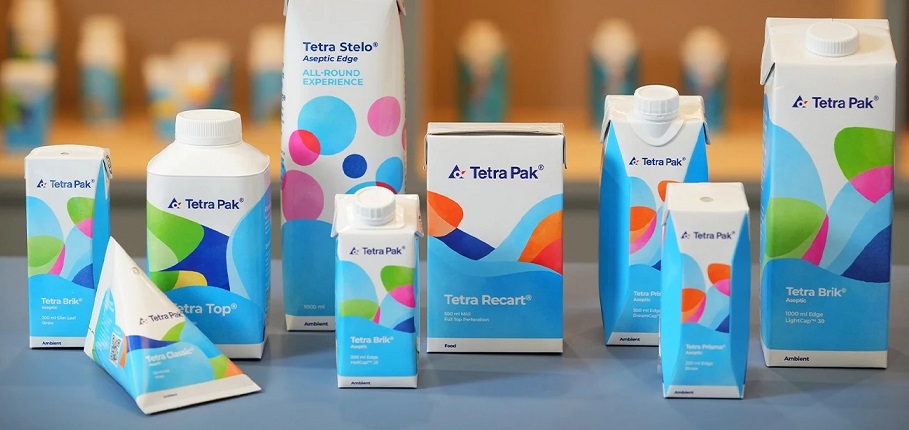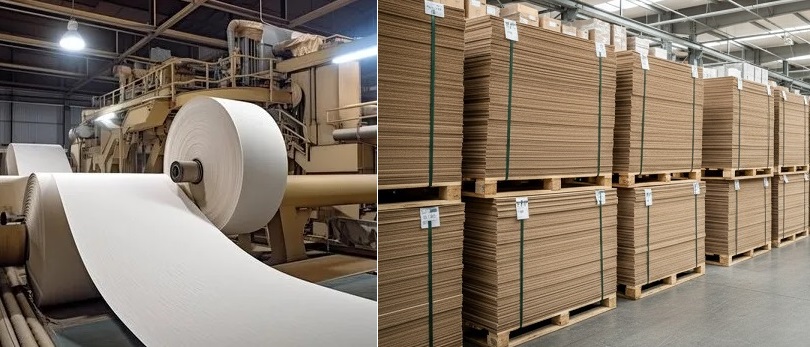Trump's Trade War on Newsprint, Proposes 32 percent Anti-Dumping Duties on Newsprint from Canada
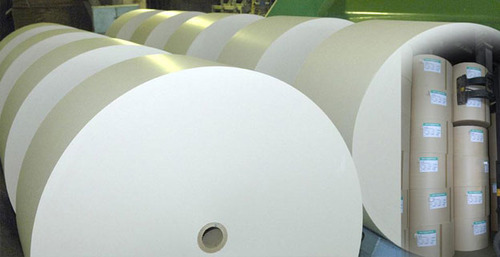
Trump's Trade War on Newsprint,
A trade war over Canadian newsprint sounds like one from the
history books, not the digital age. But it's happening right now and stands to
hurt American consumers and cost American jobs.
President Donald Trump has been playing politics with free trade,
threatening international pacts and pandering to specific American industries,
most notably steel and aluminum. Now his administration is picking a needless
fight with Canada that has raised the cost of raw paper dramatically and
threatens to disrupt imports to American publishers. We're following this spat
closely because the Chicago Tribune spends millions annually on newsprint.
Yet there's also more at stake than newsprint supplies — it
continues an attack by a trade-phobic White House on the wisdom of free markets
and global competition. This is just the sort of protectionist measure that the
Tribune, through its 170 years, has been exposing as economically
self-defeating for America. If this were a dispute over Canadian widget imports
that hurt widget-dependent companies and consumers in Chicago, we'd be just as
alarmed.
We're concerned, too, about getting Tribune print readers
their daily paper at a fair price if this dispute is not resolved. Some
small-town newspaper publishers, already pushed to the wall by Internet
competition, could be driven out of business.
Here's the background: The U.S. Commerce Department, which
says Canadian paper producers are harming American competitors, has proposed
adding anti-dumping duties of up to 32 percent on newsprint and some other
paper products from Canada. The claim is that these imports to the U.S. benefit
from unfair Canadian government subsidies. But U.S. publishers say the Trump
administration is misreading the marketplace, and using government power to
benefit a single paper mill owner in Washington state.
“What we're seeing with the newsprint tariffs is not a
government acting to try to better the economy for its citizens,†wrote David
Chavern, president and CEO of the News Media Alliance, an industry group.
Instead, that one Washington company, North Pacific Paper (aka Norpac), is
“looking to use the U.S. government to tax local and community newspapers
across the United States in order to bolster their own bottom line.â€
Last year Norpac asked the Commerce Department to punish the
Canadian imports, but no other U.S. newsprint mills supported Norpac's claim,
according to Chavern. The newsprint industry is shrinking because of the
internet, not foreign competition. It also is regionally based. Publishers and
other print-focused companies in the Midwest and Northeast rely on Canadian
newsprint because there are no U.S. mills operating in these regions. Yet those
newsprint customers now face skyrocketing prices because Canadian mills will
pass on the cost of U.S. tariffs.
The process already has begun: Although industry groups
still hope to block the tariffs, the U.S. government is collecting duties at
the border and newsprint prices here are up 20 percent to 30 percent. Cost
increases that steep are a direct threat to news gathering by newspapers
nationwide: Not many readers will volunteer to, in effect, pay the Trump
tariff.
To step back for a moment: Free trade in a globalized
economy makes sense because it rewards efficiency and thus encourages
specialization. For example, the U.S. has Silicon Valley, Canada has vast
forests. Each country benefits from the other's products, as long as
governments follow the rules of fair trade. Yet Trump is mistrustful, pulling
out of a Pacific trade pact and seeking to renegotiate others, such as NAFTA,
the U.S. agreement with Canada and Mexico.
Negotiations are fine, but slapping tariffs on imported
goods to protect jobs at specific companies is unfair. In the case of newsprint
tariffs, the Trump administration is causing significant harm to American
newspaper readers and weakening American companies already are under stress
from digital competition. Jobs are at stake.
It's not clear that the tariffs will stand. The
International Trade Commission is set to conduct a final investigation, which
will include a public comment period and hearings. This is an opportunity for
members of Congress to call out the Trump administration's protectionism. We
add our voice to those protesting this tariff, and defending free trade.
Web Title: Trump s Trade War on Newsprint Proposes 32 percent Anti Dumping Duties on Newsprint from Canada




 Join WhatsApp Group
Join WhatsApp Group Join Telegram Channel
Join Telegram Channel Join YouTube Channel
Join YouTube Channel Join Job Channel (View | Submit Jobs)
Join Job Channel (View | Submit Jobs) Join Buy Sell Channel (Free to Submit)
Join Buy Sell Channel (Free to Submit) Paper News Headlines Channel (Free to read)
Paper News Headlines Channel (Free to read)


